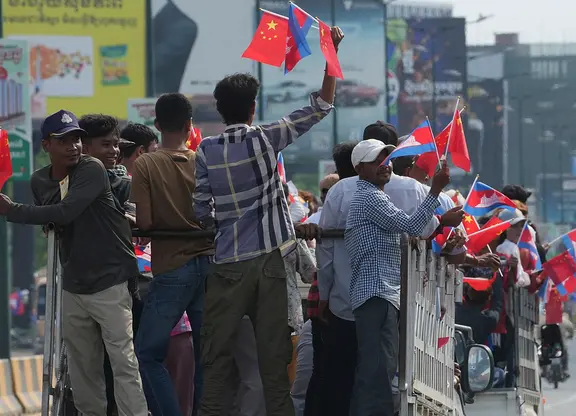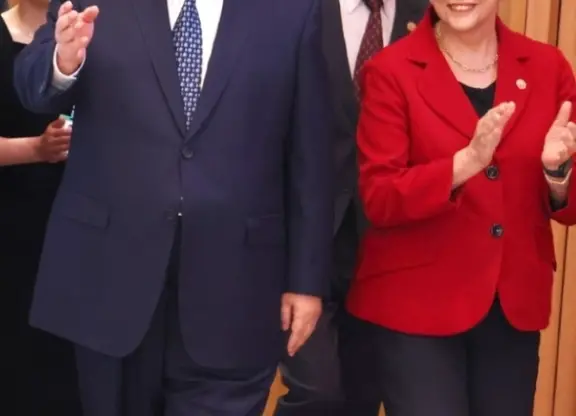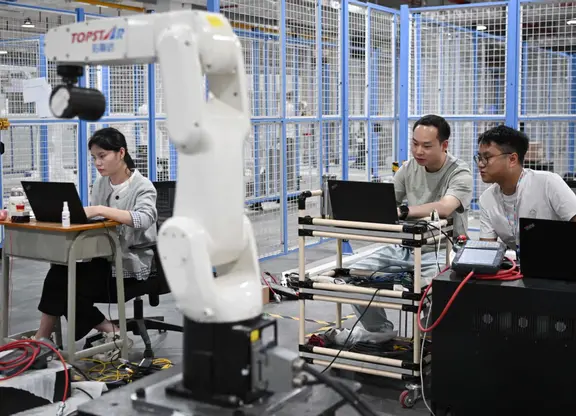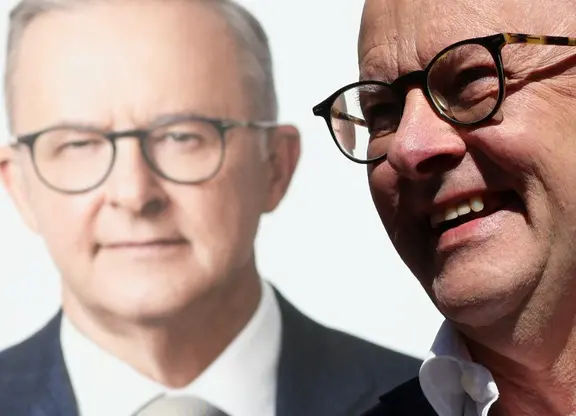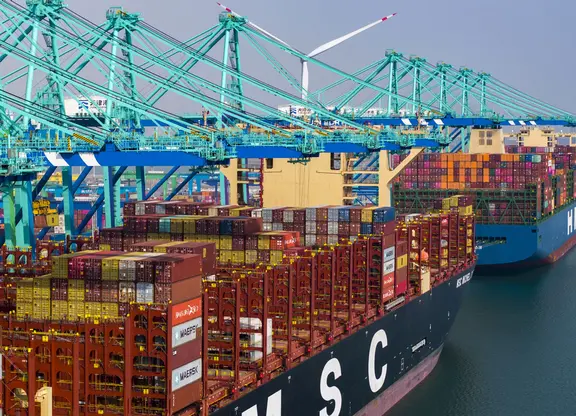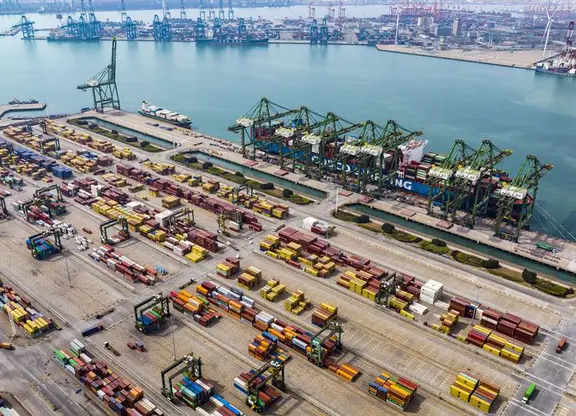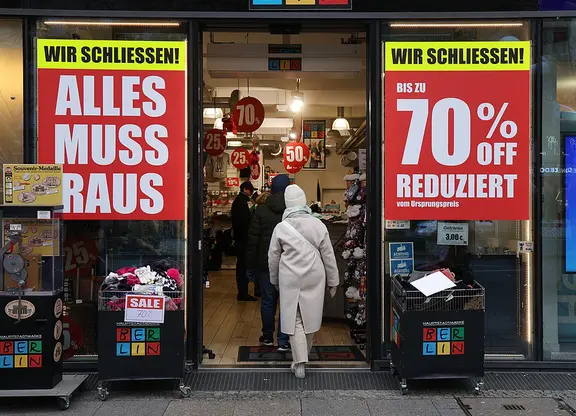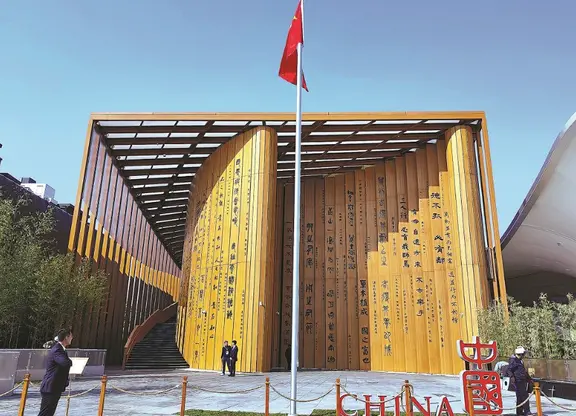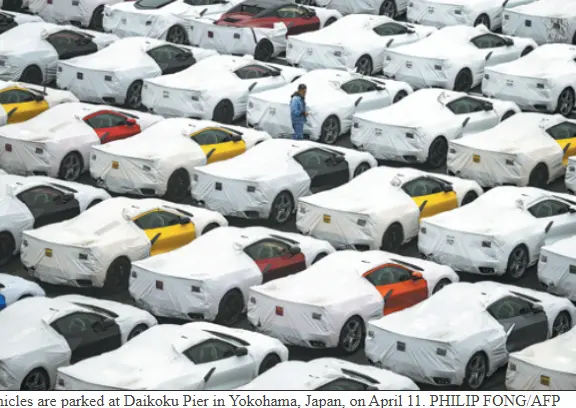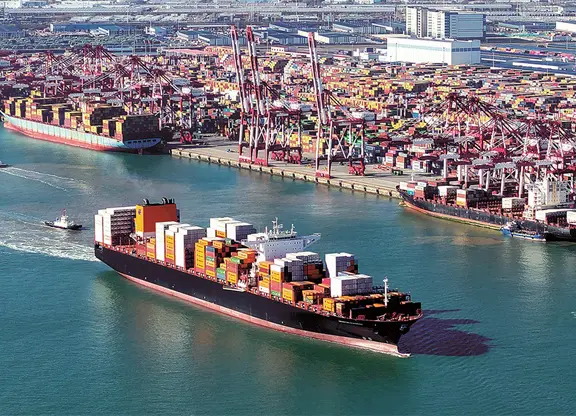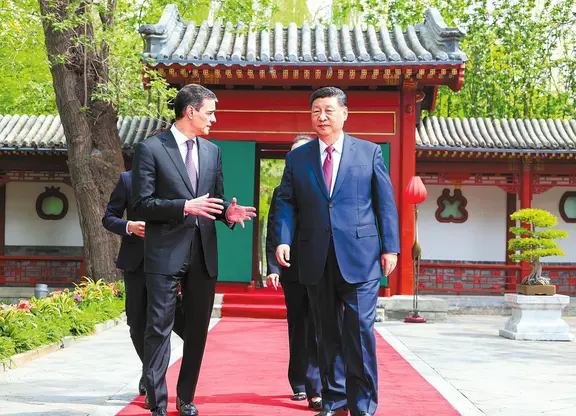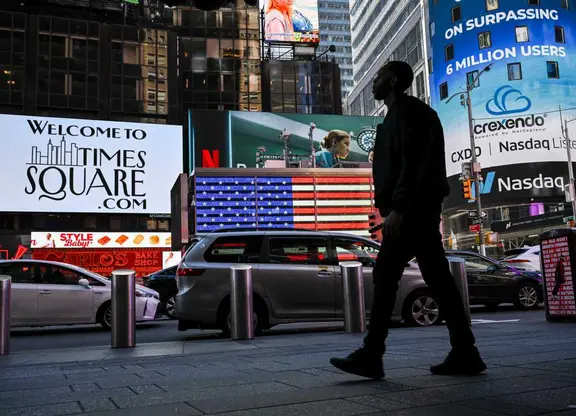International cooperation and a global commitment to sharing are needed more than ever to deal with the far-reaching fallout of the COVID-19 pandemic, according to an opinion piece published in British newspaper Financial Times.
The coronavirus pandemic raging across the world is a crisis that has profound and long-term implications globally, and "If we are not careful, they will shake the world order to its foundations," Jeremy Farrar, medical researcher and director of Britain's Wellcome Trust, one of the world's largest funds for biological medicine research, said in the piece published Tuesday.
Of the pandemic's impacts, the writer described the geopolitical implications as "the biggest circle" of "the concentric ripples generated by a stone thrown into a pond."
"How world powers choose to look after themselves versus the rest of the world will define global politics over the coming decades," he noted.
He added that many governments are faced with mounting criticism for failing to protect their citizens, and "one natural response will be to blame others."
"In the UK, there have been increased attacks on minority groups. In the US, President Donald Trump has referred to the 'China virus'..." he wrote.
"We can choose nationalistic routes that blame others for our problems. Or we can work together to forge a better, shared future," Farrar noted.
The expert added that international institutions such as the United Nations, World Bank and the World Trade Organization, which have played a central role in maintaining a largely peaceful order in the post-war world over the past 75 years, are "needed more than ever" despite calls for their reform.
The huge social, scientific and technological advances in the world during the second half the 20th century, he said, "grew out of a global commitment to sharing" and came "as a result of choices that were made."
In today's world, apart from COVID-19 and its implications, countries also "urgently need to address other issues, including climate change, access to clean water, antimicrobial resistance and mental health," he noted, which, like the coronavirus, transcend borders.
"They will not be defeated by insular nationalism, blaming others or drifting into a more polarized world -- all this only leaves everyone more vulnerable. Rather, they can be solved by enhancing international cooperation and developing a sense of shared destiny," he pointed out.
Calling for leaders to lay out and deal with the challenges honestly, he concluded, "The choices we make today will help define the 21st century."
 简体中文
简体中文



